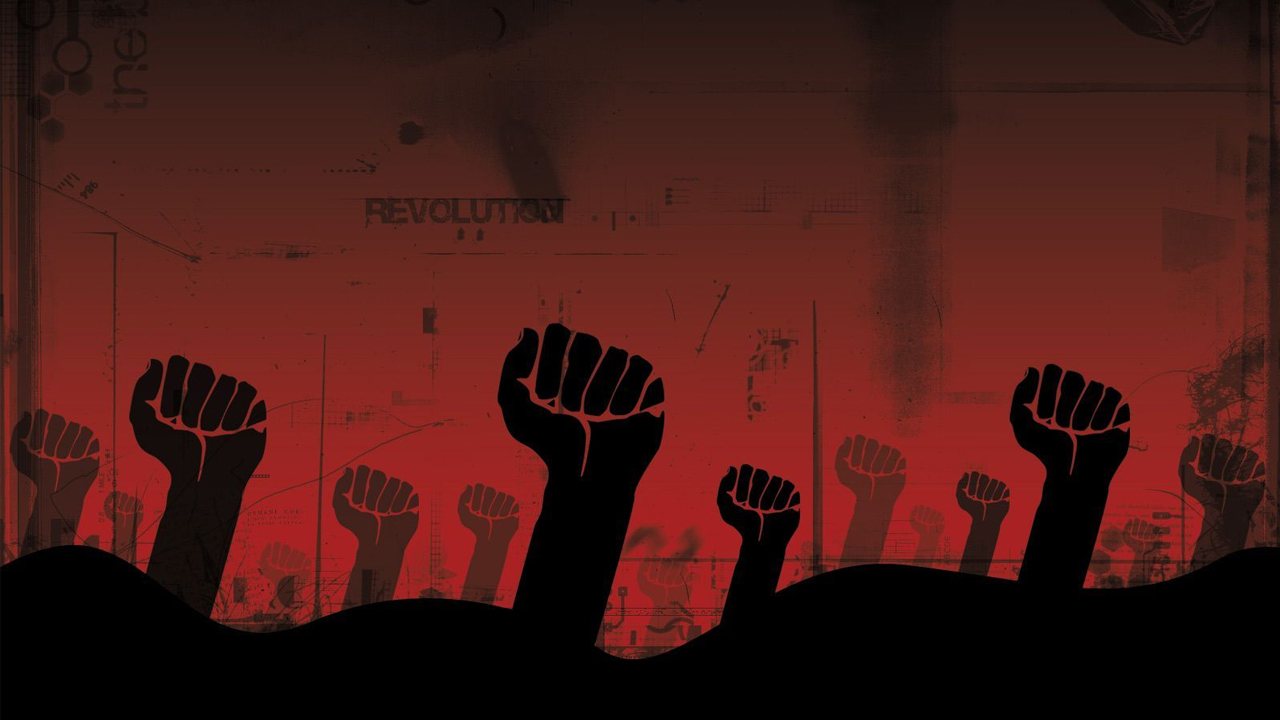The term "revolution" has multiple connotations, but it is most commonly understood as a sudden, radical, and transformative change in the political, social, or economic order of a society or nation. The word "revolution" comes from the Latin revolutio, which means "a turn around" or "a cycle." It is derived from the verb revolvere, which means "to roll back" or "to turn over." The term has been used throughout history to describe a wide range of phenomena, from the scientific and technological revolutions to the political and social revolutions that have shaped the modern world.
One of the most famous examples of a revolution is the French Revolution, which occurred between 1789 and 1799. The French Revolution was a period of radical social and political upheaval in France that resulted in the overthrow of the monarchy and the establishment of the French Republic. The revolution was characterized by the rise of popular movements, such as the Jacobins, who sought to create a new social, political, and economic order based on the principles of liberty, equality, and fraternity. The revolution was marked by a series of violent conflicts, including the Reign of Terror, which saw the execution of thousands of people, including King Louis XVI and his queen, Marie Antoinette.
Another example of a revolution is the American Revolution, which occurred between 1765 and 1783. The American Revolution was a political upheaval that led to the separation of the thirteen British colonies in North America from Great Britain. The revolution was sparked by a series of grievances, including taxation without representation and other forms of political oppression. The revolution was marked by a series of battles, including the Battle of Bunker Hill and the Battle of Yorktown, which culminated in the signing of the Treaty of Paris in 1783.
The Russian Revolution of 1917 is another example of a political and social revolution that transformed a country and had a profound impact on the world. The Russian Revolution was a period of political and social upheaval in Russia that resulted in the overthrow of the monarchy and the establishment of the Soviet Union. The revolution was characterized by the rise of popular movements, such as the Bolsheviks, who sought to create a new social, political, and economic order based on the principles of socialism and communism. The revolution was marked by a series of violent conflicts, including the Civil War, which saw the Bolsheviks emerge victorious and establish the world's first socialist state.
India, too, has a rich history of revolutions that have reshaped the nation's political, social, and economic landscape. One of the most significant revolutions in India's history is the Indian Independence Movement, which occurred between 1857 and 1947. The movement was a period of radical social and political upheaval in India that resulted in the overthrow of British colonial rule and the establishment of the Indian Republic. This period was characterized by the rise of popular movements which sought to create a new social, political, and economic order based on the principles of democracy, freedom, and equality. The movement was also marked by a series of non-violent protests, which saw millions of Indians defy British colonial rule.
Another significant revolution in India's history is the Green Revolution, which occurred between 1967 and 1978. The Green Revolution was a period of radical agricultural transformation in India that resulted in a significant increase in crop yields and food production. The revolution was marked by the introduction of high-yielding varieties of crops, such as wheat and rice, and the use of modern agricultural techniques, such as irrigation and fertilizers.
Mahatma Gandhi, one of India's most revered leaders and a key figure in the Indian Independence Movement, once said, "You must be the change you wish to see in the world." This quote encapsulates the spirit of revolution, which is characterized by a willingness to challenge the status quo and work towards a better future.
In conclusion, the term "revolution" refers to a sudden, radical, and transformative change in the political, social, or economic order of a society or nation. The term has been used throughout history to describe a wide range of phenomena, from the scientific and technological revolutions to the political and social revolutions that have shaped the modern world. Examples from history, such as the French Revolution, the American Revolution, and the Russian Revolution, illustrate the profound impact that revolutions can have on societies and nations, and the enduring legacy of the ideas and principles that drove them.

Comments